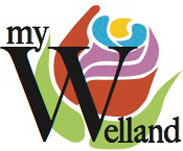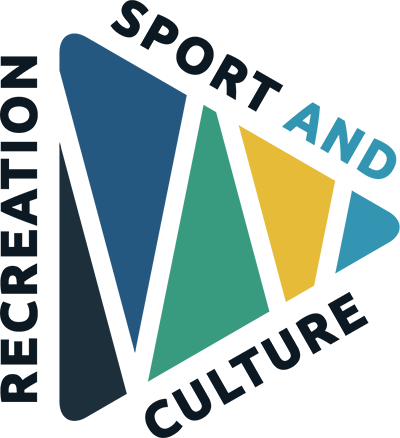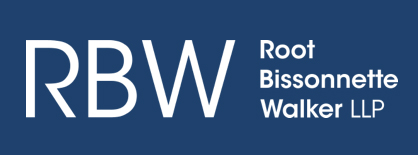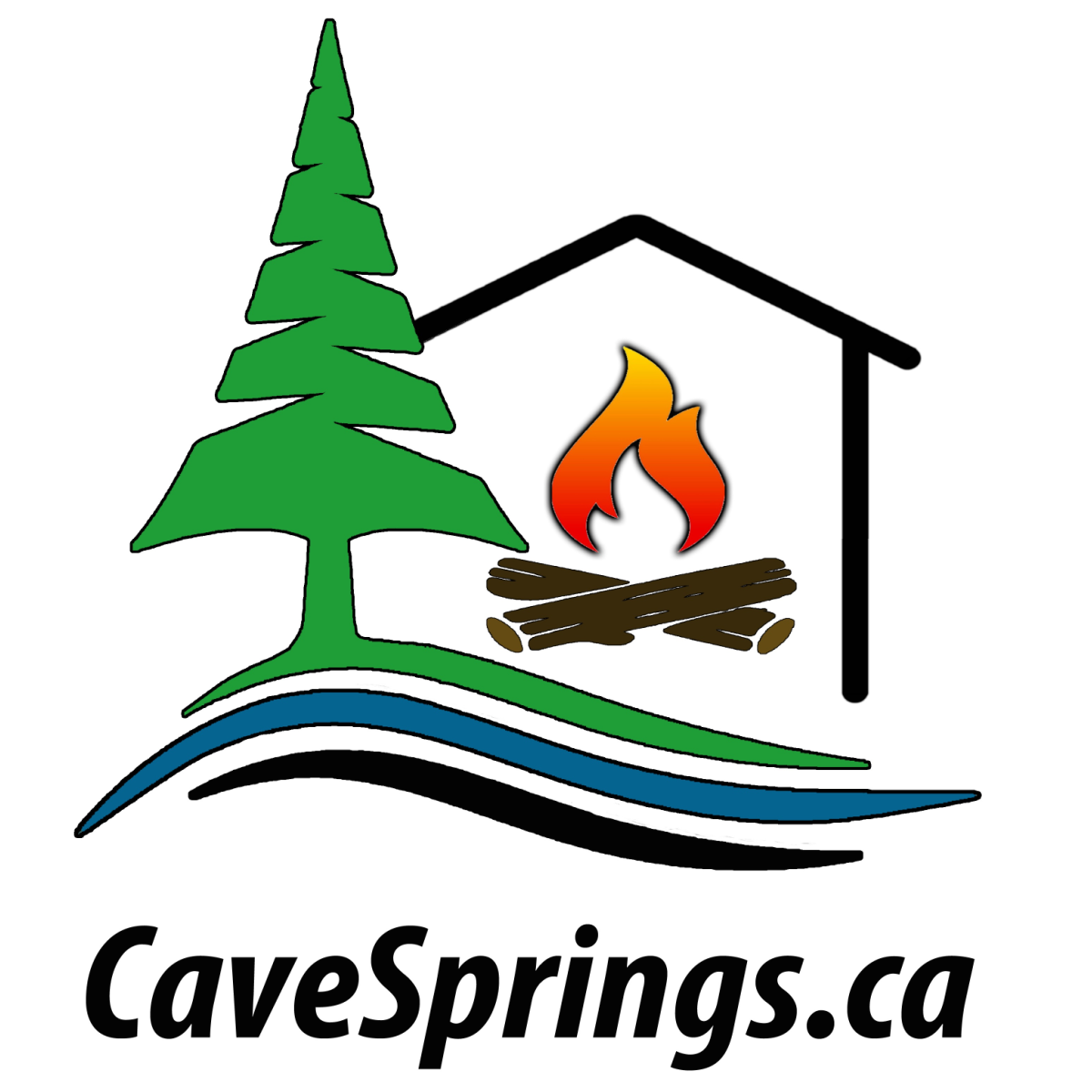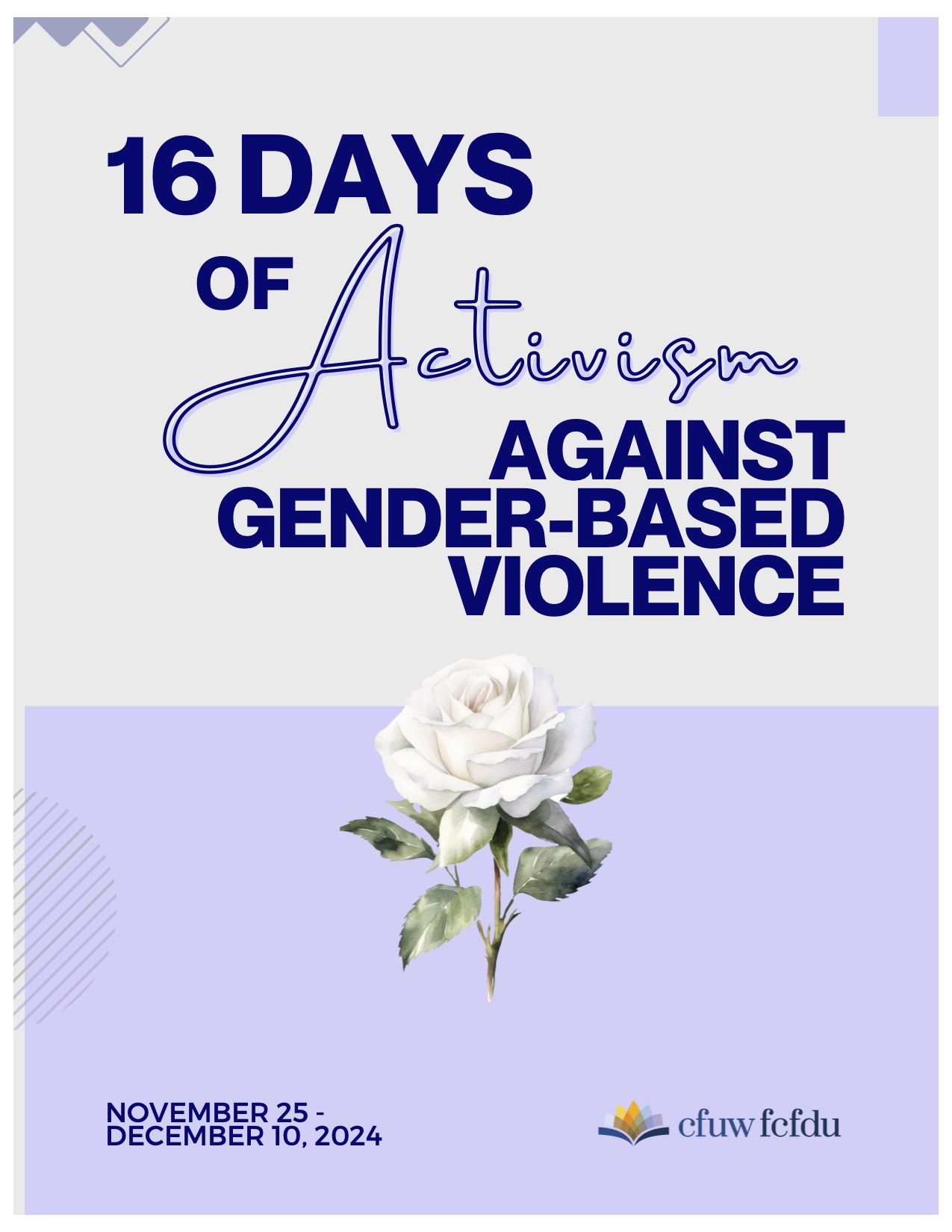 As part of their ongoing advocacy, the Canadian Federation of University Women (CFUW) is providing valuable public education during the 16 Days of Activism Against Gender-Based Violence. This global campaign highlights the urgent need to address gender-based violence (GBV) and its profound impact on individuals and communities.
As part of their ongoing advocacy, the Canadian Federation of University Women (CFUW) is providing valuable public education during the 16 Days of Activism Against Gender-Based Violence. This global campaign highlights the urgent need to address gender-based violence (GBV) and its profound impact on individuals and communities.
What is Gender-Based Violence?
Gender-based violence (GBV) encompasses harmful acts directed at individuals or groups based on their gender. It is deeply rooted in gender inequality, the abuse of power, and harmful societal norms. According to UN Women, GBV highlights how structural, gender-based power imbalances disproportionately place women and girls at risk for multiple forms of violence.
Forms of Gender-Based Violence
GBV manifests in many ways, including:
- Domestic violence or intimate partner violence (IPV)
- Sexual harassment or assault
- Child marriage
- Psychological or emotional abuse
- Human trafficking
- Economic abuse
- Stalking
- Femicide
- Female genital mutilation
- Online violence
In Canada, certain populations face heightened risks, including Indigenous women and girls, individuals with disabilities, newcomers, youth, 2SLGBTQQIA+ and non-binary people, and those living in rural or remote areas (Government of Canada, 2024).
Addressing GBV in Context
Colonialism
The legacy of colonialism continues to play a role in perpetuating GBV. It has imposed systems and policies that have marginalized Indigenous communities, creating environments where violence is normalized or overlooked.
Incel Culture
Incel culture, often rooted in misogyny and hostility, has fueled acts of violence, such as the 2018 Toronto van attack. Recognizing and addressing this growing threat is essential in tackling GBV.
Consent
Consent is foundational in preventing sexual violence. According to the Criminal Code of Canada, consent must be voluntary, active, and continuous. Importantly, unconscious individuals cannot give consent.
Intersectionality
Dr. Kimberlé Crenshaw’s concept of intersectionality highlights how overlapping identity categories, such as race, gender, and ability, influence an individual’s experience with systemic privilege and oppression. Understanding these intersections is key to addressing GBV effectively.
Resources for Further Learning
RESOURCES FOR FURTHER LEARNING
“Unbroken” by Angela Sterritt
“Know My Name: A Memoir” by Chanel Miller
“Believing: Our Thirty-Year Journey to End Gender Violence” by Anita Hill
“For the Love of Men: From Toxic to a More Mindful Masculinity” by Liz Plank
“The Break” by Katherena Vermette
“Nobody’s Victim: Fighting Psychos, Stalkers, Pervs, and Trolls” by Carrie Goldberg
“The Power of Women: A Doctor’s Journey of Hope and Healing” by Denis Mukwege
“Highway of Tears” by Jessica McDiarmid
FILMS/VIDEOS/PODCASTS
“The Body Remembers When the World Broke Open” by Elle-Máijá Tailfeathers and Kathleen Hepburn “A Comprehensive Guide to Campus Gender-Based Violence Complaints” by Courage to Act “The ‘Victim’ Onscreen and How She’s Been Misrepresented” by The Take “Welcome to Paradise” by Anna Maria Tremonti “Missing and Murdered” by CBC
REPORTS
“Preventing Intimate Partner Violence in Two-Spirit, Nonbinary, and Trans Communities and Supporting Survivors” by the TransFormed Project
“Rooting Resilience: Women, Girls, and Non-Binary People With Disabilities and the National Action Plan to End Gender-Based Violence” by Dr. Jihan Abbas, DisAbled Women’s Network of Canada Reclaiming Power and Place: The Final Report of the National Inquiry into Missing and Murdered Indigenous Women and Girls
Elect Her: A Roadmap for Improving the Representation of Women in Canadian Politics; Report of the Standing Committee on the Status of Women
Take Action
The 16 Days of Activism encourage us all to become informed, speak out, and support efforts to end GBV in our communities. Together, we can create a society rooted in equality, respect, and safety for all.
For more resources or to learn how to get involved, visit the CFUW website.
 Back to myNiagaraOnline
Back to myNiagaraOnline